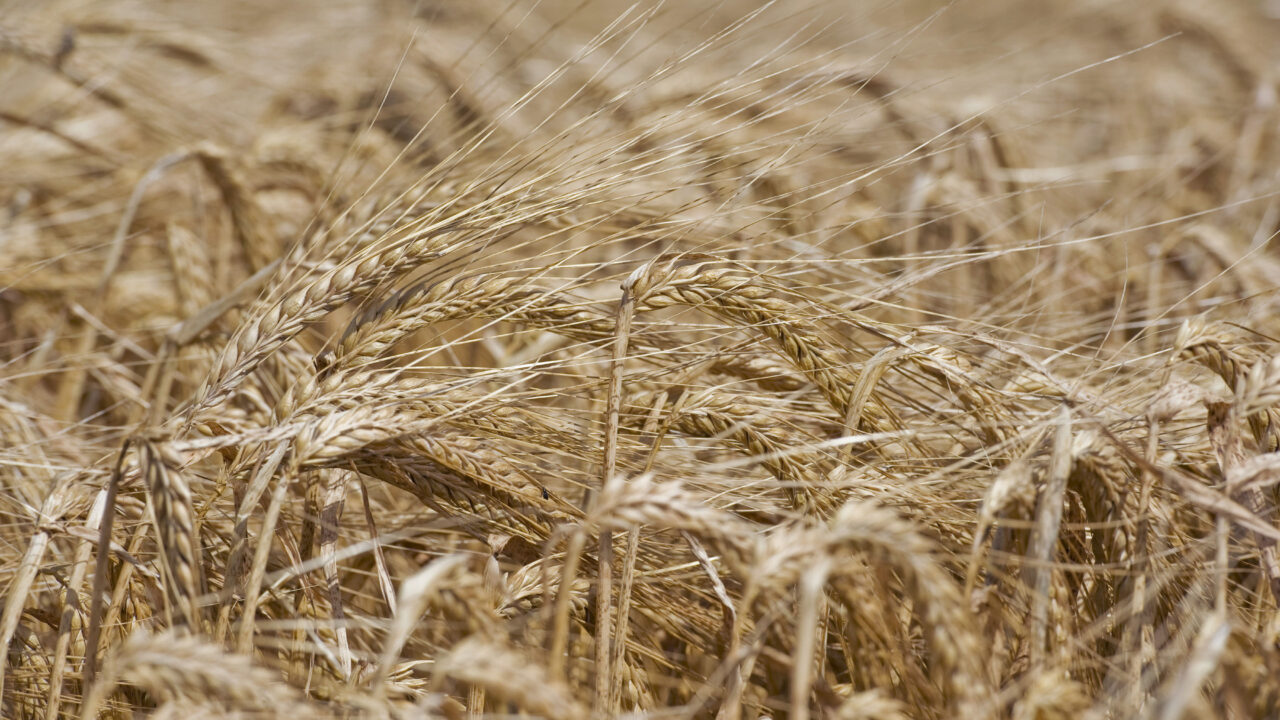Storm Ellen was not welcomed by anyone and certainly wasn’t welcome at a crucial time on tillage farms.
Heavy rain and winds hammered crops that need to be harvested from Wednesday evening and during the day on Thursday (August 20).
Had the weather played ball, the cereal harvest would be reaching its peak sometime this week; instead, combines sit in sheds. Ripe grain has started to sprout in fields, rows of straw lie on the ground and there is no sign of a cutting window in the forecast.
Also Read: Harvest weather causing serious problems for tillage farmersMark Browne, the chairperson of the Irish Farmers’ Association’s (IFA’s) Grain Committee, told AgriLand: “It’s a difficult time on tillage farms at the moment. The biggest concern for farmers is to get the combines moving and get the crops into stores.
“The number one focus should be to get it harvested and we’ll deal with what we have to after that.
We’ll have to assess the situation as it moves along. The majority of the harvest is still to be cut.
Tillage farmers have just come out of a bad winter planting campaign where 40% less winter crops than usual were planted; a wet spring; a dry May – when crops needed rain most – and now a wet August.
While it’s still early and damage needs to be assessed, crops have been battered when they should have been cut. Maize crops were also vulnerable in the high winds.
Low prices are currently the order of the day. Bobby Miller, who is the chairperson of the Irish Grain Growers’ Group (IGGG), told AgriLand that competition from cheap maize and UK barley aren’t helping in this regard.
“Financial pressure is coming onto growers as a result of the year’s weather and it’s not being helped by grain prices; in particular, barley being offered from the UK at lower prices.
We all hear the cause to support Irish but, in reality, what’s happening is grain, maize and soya are being bought forward at present.
“It really is a tough year for tillage farmers. Yields are back; trafficability is going to be a problem; quality is obviously going to suffer,” Bobby noted, but he did finish on a positive note.
“There’s never a year that goes by that crops aren’t harvested,” he concluded.
